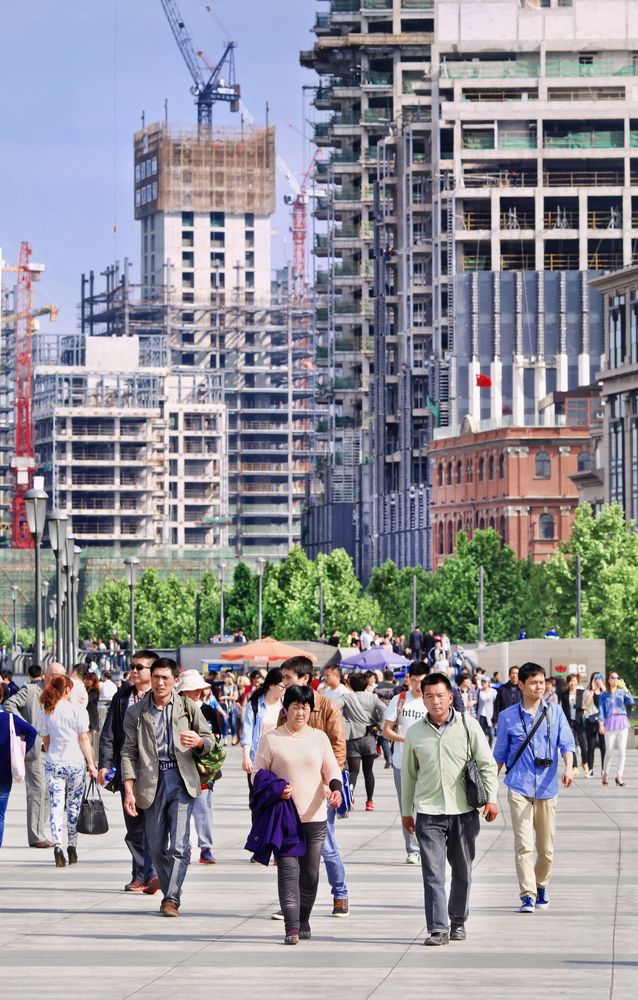
Forty-year of economic transformation has changed China and turned it into one of the major players in the global economy. However, its economic growth has generated rising problems in social inequality, labour migration, human alienation and health, and social sustainability. The recent global financial crisis compels many in China and elsewhere to re-examine the neo-liberal thought on development that has dominated China for several decades. This thought, characterised by globalisation of capital, de-regulation of economy, migration of labour, commoditisation of housing and education, and lessening of social welfare provisions, seriously impacts the livelihood of the Chinese peasants, migrant labourers and urban poor. Rethinking the rise of China and its social and ecological impact, it is imperative for us who are critical of primitive capitalist ways of development to ponder over alternative economies.
